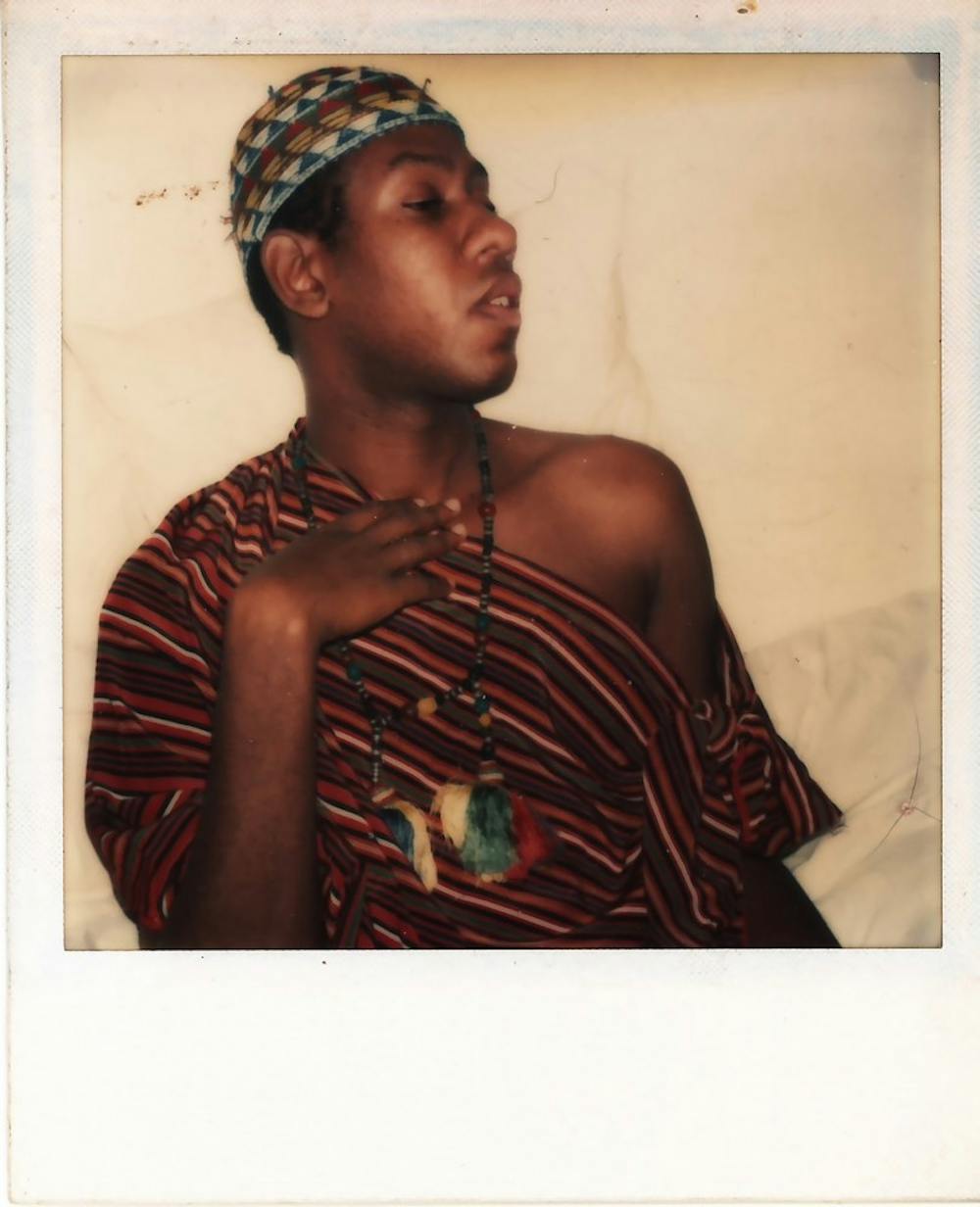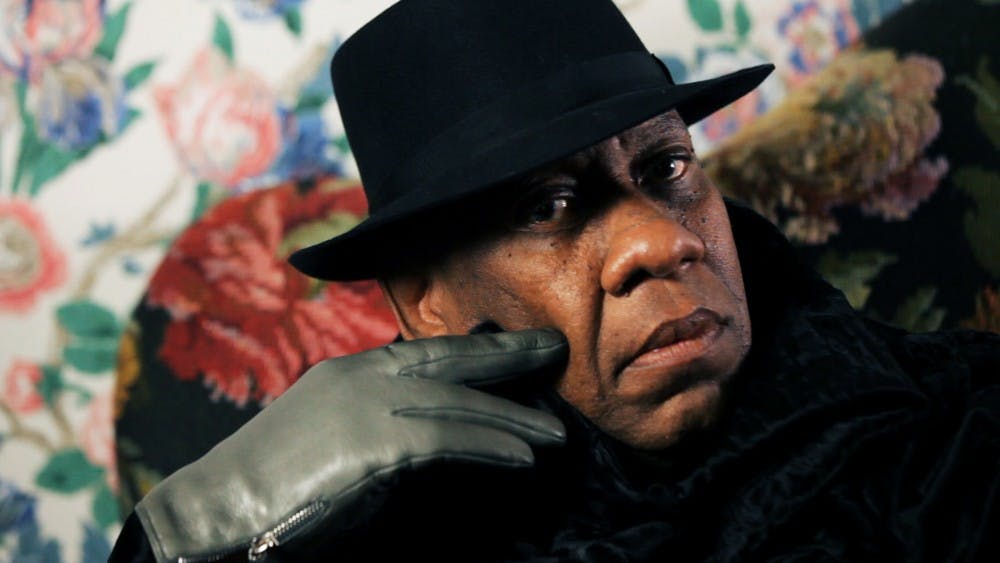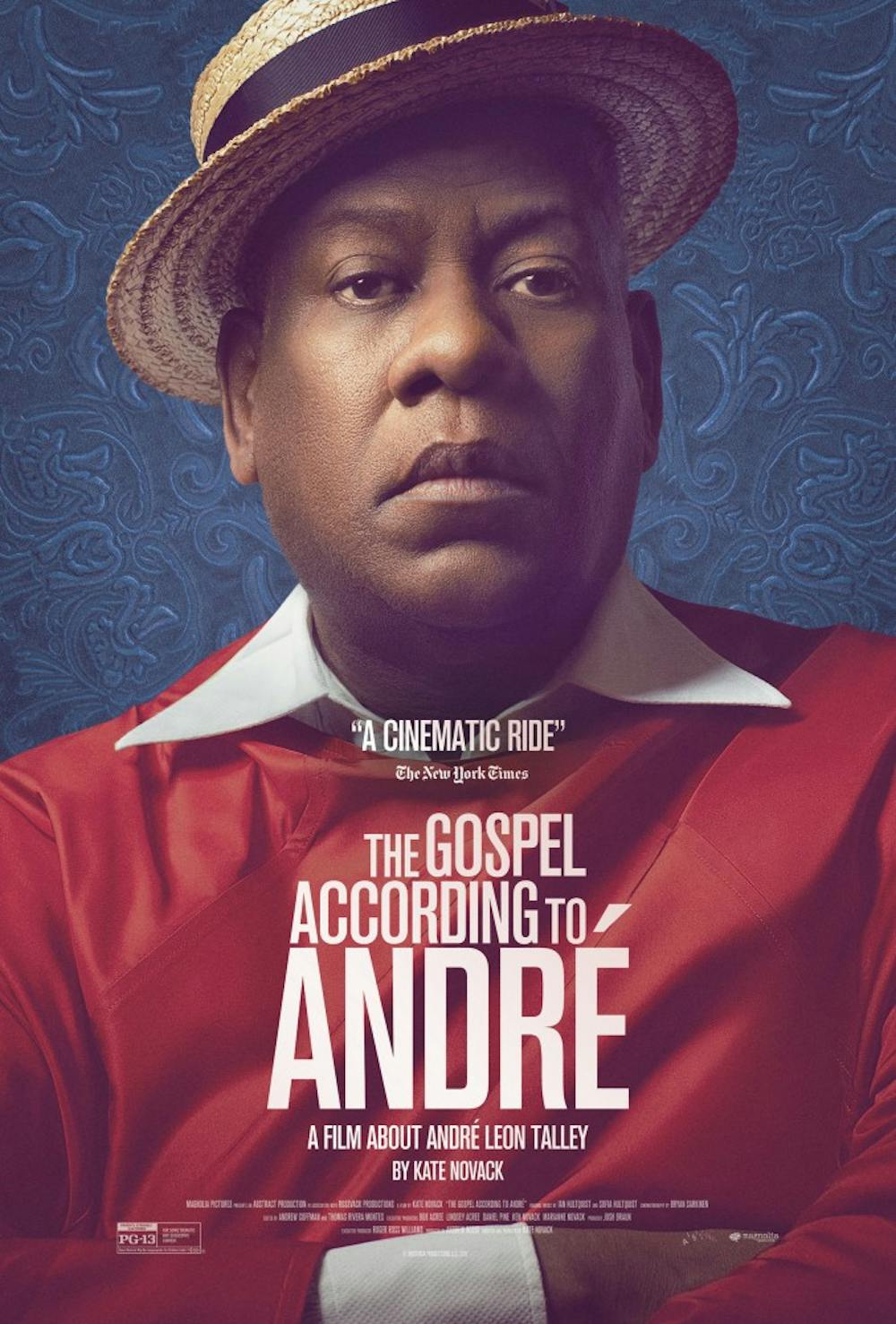As a gay black man growing up in the Jim Crow South, André Leon Talley had to climb a pretty high ladder to reach the position he has in today's fashion world. But, in exploring Talley's life and career, Kate Novack’s new documentary film The Gospel According to André barely highlights this struggle—it’s unclear whether this is due to Novack’s reluctance to pry or Talley’s own insecurities about bringing up difficult topics.
Talley's childhood in Durham, North Carolina is the one aspect the documentary truly delves into: he speaks of being raised by his grandmother, and how she accepted him—and his style—much more genuinely than his parents did. A heartfelt moment occurs when the camera follows him around his grandmother’s house, which he now owns, and expresses how not a day goes by without missing her.
Talley compares going to church on Sundays to a fashion show for the black community, which served as inspiration for his later career in fashion. On the day of rest, he recalls, the uniforms were put away and replaced with everyone's Sunday Best. Young André himself dressed flamboyantly for the occasion, breaking out his signature look: the cape. His mother compared him to the Phantom of the Opera, the first of many nicknames to come: later in life, while being interviewed at the Brooklyn Academy of Music, he was called a “black superhero.”
The documentary is sprinkled with comments from famous designers, models, journalists, and friends from Talley’s youth, all struck by his “larger than life” presence. Everyone makes kindhearted remarks, and nobody really talks about any struggle on Talley’s part: Anna Wintour, Vogue's current editor–in–chief, mentions how he has always seemed reluctant to talk about race. There are very few moments when Talley himself looks back at the racism and criticism he has faced—one such moment is when he recalls being called a “Black Buck” by an acquaintance who assumed that his success was due to his being the token African American in the industry. The extent to which such comments are incredibly offensive is clear, and the documentary naturally seeks to dismantle any such prejudice by capitalizing on Talley's hard work.

There's also an interesting and deeply personal glimpse of Talley’s mind and insecurities: he talks about his weight almost jokingly, comparing himself to a manatee and saying he just hasn’t been able to lose the extra pounds since his 40s. Although he speaks as though he simply accepted this fact, the latter half of the film shows him at the Duke Diet & Fitness Center, having lost 31 pounds.
Another insecurity he speaks of is his love life, or lack thereof. Talley voices regret for never finding a great love—or even feeling love—over the course of his life. He attributes this to his dedication to his career. I really enjoyed a comment his friend George Malkemus III, of Manolo Blahnik, made:
When he was becoming André Leon Talley, a partner mattered less, and I think that he’s not unlike many people that I know—when they finally say ‘now is the time I want to be in love,’ the ship’s sometimes passed.
The Gospel According to André doesn’t really focus too much on Talley’s work, only highlighting a handful of his fashion photoshoots: notable are one of Cindy Crawford dressed like a widow in a veil à la Jackie Kennedy, and one called “Scarlett ‘n the Hood,” a satirical photographic remake of Gone With the Wind, with Naomi Campbell as Scarlett O’Hara. Novack also looks at Talley's primary style influence Diana Vreeland—former Vogue editor–in–chief—and how she was impressed by his young talent, guiding and leading him to become the success he is today.

As the film circles back to contemporary times, the main focus is following Talley through the 2016 election—which feels slightly out of place, seeing as he never voices how he feels about it, even though he is visibly distressed. A broader discussion on Talley's political views—or, his emotions in general—would've perhaps made the documentary more meaningful: the only (somewhat) political aspect Talley goes into is Melania Trump’s choice of outfit on Inauguration Day.
Overall, The Gospel According to André is put together in an interesting and aesthetically pleasing way, displaying breathtaking fashion, catchy background music, and lots of familiar faces. I particularly enjoyed the mid–credits shots of Talley interacting with Kanye West, Rihanna, and Tom Brady at the 2017 Met Gala. If you’re a fan of Talley’s work, it’s certainly a good way to learn more about his background, outside of the struggles he’s faced. And, even if you haven't paid much attention to him before, you'll definitely enjoy his boisterous and unapologetic personality.
The Gospel According to André premieres on Friday, June 8. In Philadelphia, it will be playing at the Ritz at the Bourse.

